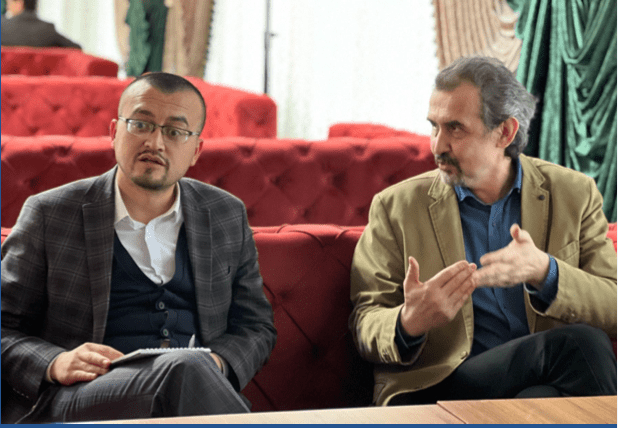“The state as the main reformer” – this principle of the so-called “Uzbek model of development” or “Uzbek phenomenon”1 of building a democratic state and civil society has defined the policy of authoritarianism in Uzbekistan for many years. The only representative of the state who made all important decisions in the country was the President – Islam Karimov. The entire system of government was built on his vision of politics and economics.
After Shavkat Mirziyoyev came to power, the system of government, particularly the internal and external policies of the country, shifted greatly. New ministries and agencies were created, the legislative framework was updated, and free conversion of the national currency was introduced as the leading market mechanism. Another significant aspect of President Mirziyoyev’s reforms was the revision of the sphere of influence of the security forces, primarily reducing the sphere of total control by the country’s special services.
Despite all the above circumstances and reforms, the policy of “strong hand” and authoritarianism of the President, where state institutions do not function properly until the President himself approves them, seems to take hold in the “New Uzbekistan” state. In December 2022, Shavkat Mirziyoyev practically acknowledged the existence of the “strong hand” in his Address to the Parliament and the people of Uzbekistan.

You must be logged in in order to leave a comment